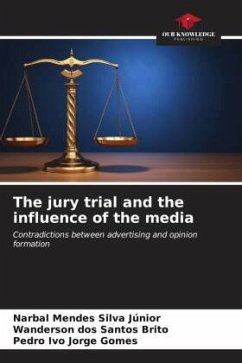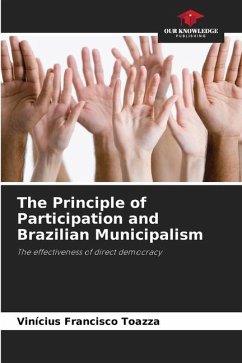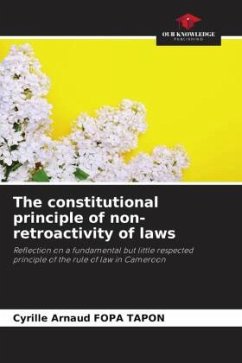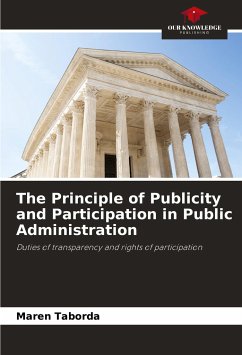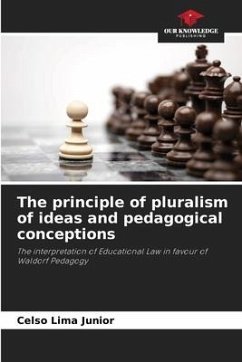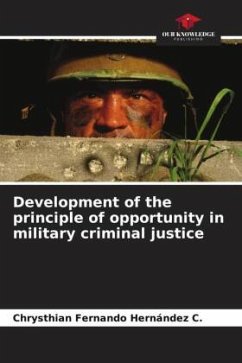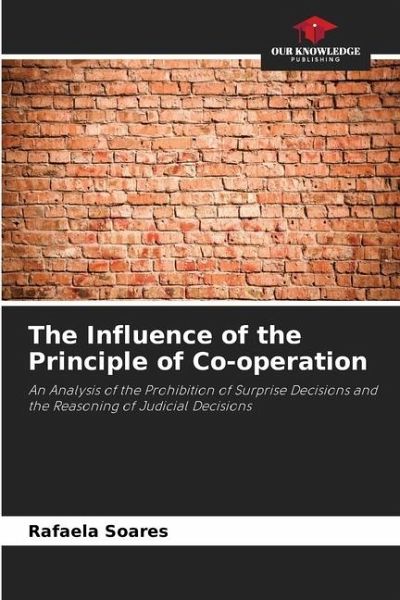
The Influence of the Principle of Co-operation
An Analysis of the Prohibition of Surprise Decisions and the Reasoning of Judicial Decisions
Versandkostenfrei!
Versandfertig in 6-10 Tagen
24,99 €
inkl. MwSt.

PAYBACK Punkte
12 °P sammeln!
The need to make the principle of intersubjective cooperation a reality was the motivating factor behind the elaboration of this dense study, which allows the analysis of the topic to be concretised. Based on this finding, the beginning of the study is justified in view of the high importance of the aforementioned principle in contemporary procedural science, especially due to the new code, as it brings in its essence the implementation of greater openness and dialogue between all participants in the process. There is a clear association between the cooperative model of procedure and the requi...
The need to make the principle of intersubjective cooperation a reality was the motivating factor behind the elaboration of this dense study, which allows the analysis of the topic to be concretised. Based on this finding, the beginning of the study is justified in view of the high importance of the aforementioned principle in contemporary procedural science, especially due to the new code, as it brings in its essence the implementation of greater openness and dialogue between all participants in the process. There is a clear association between the cooperative model of procedure and the requirement for analytical justification, since in view of the revalorisation of the adversarial process, mere knowledge is no longer enough, along with the possibility of manifestation by those involved in the process. In this way, the nullity of a surprise decision is substantiated as a result of the broad acceptance of the principle of co-operation, the adversarial process and the necessary analytical justification of decisions in the Brazilian legal system. Therefore, this work proposes an analysis of the indispensable use of the principle of co-operation in the reasoning of judicial decisions, together with the prohibition of surprise decisions.





